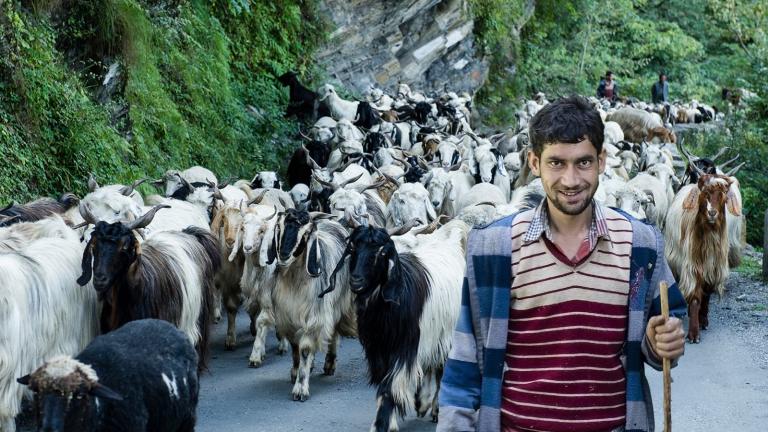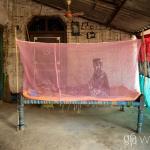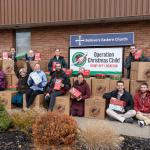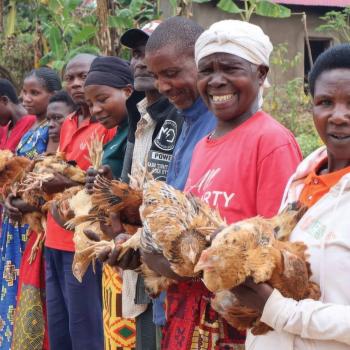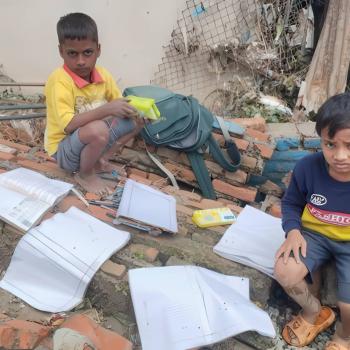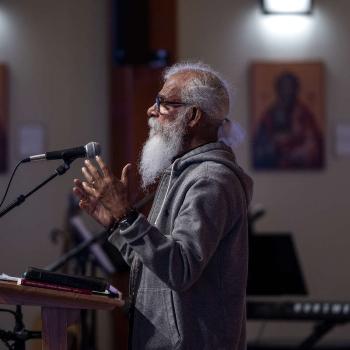WILLS POINT, TX – GFA World (Gospel for Asia) founded by K.P. Yohannan, which has been the model for numerous charities like GFA World Canada, to help the poor and deprived worldwide, issued this first part of a 3-part Special Report on a surprising antidote and solution to world poverty: farm animals.

Recent decades have seen a general trend toward prosperity in much of the world, but too many people are still being left behind.[1] Alleviating extreme poverty remains one of the most daunting challenges of our time. But for poor families, prosperity can come in surprising ways: through the gift of a farm animal.
Progress Interrupted
From 2015 to 2019, the number of people living in extreme poverty worldwide was projected to drop from 744 million to 655 million.[2] The downward trend was on track to continue, but then the COVID-19 pandemic hit. In 2020, the projected number of people in extreme poverty shot back up to 732 million. For 2021, the projected number was marginally better at 711 million.
That means a population twice that of the United States still lacks even the most basic necessities of life. They can’t afford the simple improvements that would make life easier. They can’t access decent medical care. They can’t send their children to school. These are people who live on $1.90 or less per day, which is just enough to keep them alive until the next day. By contrast, many Americans spend nearly twice that much for their daily cup of coffee without giving it a second thought.
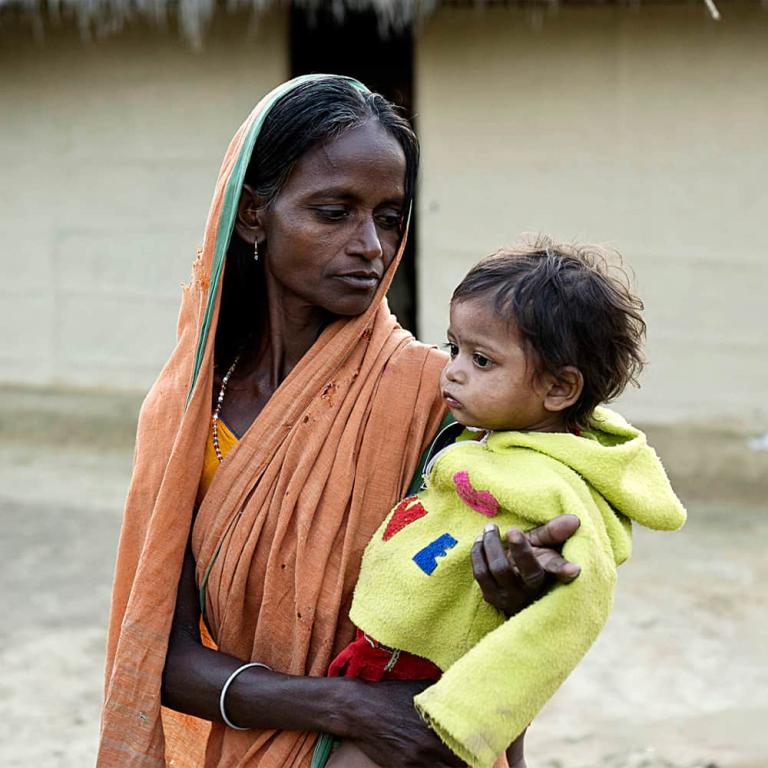
Poverty is present in all parts of the world, but is concentrated especially in Africa. Most of the 30 poorest countries in the world are in Africa, with Central African Republic, Burundi, and the Democratic Republic of Congo topping the list.[3] Relentless war, political upheaval and public corruption have all contributed to the troubles in these nations, but drought, disease and poor farming methods are also to blame.
The countries of South Asia, with their huge populations, are only somewhat better off. One-third of the world’s poor live in this region, most of them in undeveloped rural areas.[4] In recent years, industrial development and rising living standards in these countries inspired high hopes. But the COVID-19 epidemic hit Asian nations especially hard. The region was already afflicted with high poverty rates and inadequate infrastructure. Most people in Asia have only limited access to clean water, sanitation facilities or medical care. And the dense population has made it all but impossible for people to maintain the social distancing required to stem the effects of the pandemic. Predictably, these conditions led to a severe COVID-19 outbreak in India and other South Asian countries, necessitating lockdowns, which exacerbated the already-severe economic problems.[5] As a result, the high hopes of many people were cruelly dashed.
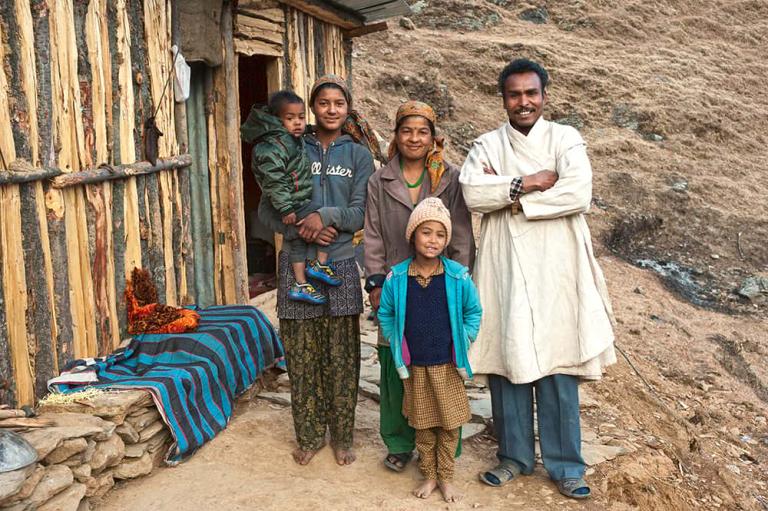
The Limits of Education
For those who remain impoverished—the poorest of the poor—what is the best way out? One answer is education. But for many in the developing world, pursuing and completing an education can seem almost unattainable. It may also feel of secondary importance to families struggling just to meet their immediate, everyday needs for food and shelter. People living in abject poverty have one priority: survival. Their daily agenda consists of finding enough food to live another day. And for those living in remote rural areas, even traveling to a place where education is available can be impractical at best.
But for many in the developing world, pursuing and completing an education can seem almost unattainable. It may also feel of secondary importance to families struggling just to meet their immediate, everyday needs for food and shelter. People living in abject poverty have one priority: survival. Their daily agenda consists of finding enough food to live another day. And for those living in remote rural areas, even traveling to a place where education is available can be impractical at best.
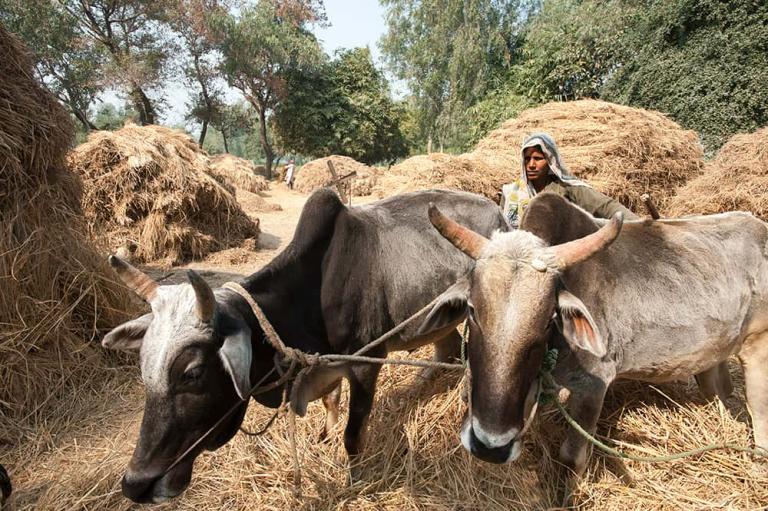
But there is a path to dynamic prosperity that relies on the inherent growth potential in nature. It is accessible to people even in the poorest, most remote regions. And it has been a reliable engine of wealth creation throughout human history. Instead of investing in stocks or real estate, people of any background in any locale can invest in animals.
That’s a strange notion to those of us whose only connection to the animal world is the pets on which we lavish our attention. We buy our meat, eggs and dairy products at a market, neatly dressed and packaged. We know someone somewhere is raising the cows and chickens that feed us, but we don’t give it much thought. And the fact that these people are able to earn a living from these farm animals also escapes our attention. Yet, the same growth principles that have sustained food producers in America can also lift poor families out of poverty in Asia or Africa.
The wonderful thing about animals (and all life forms) is that they grow and reproduce. With the right care and attention, they will increase and provide their owners with lasting benefits. Just as people in the developed world rely on financial investments for their security, people in less-developed regions can rely on farm animals for their security. And like a good equity fund, that investment can grow indefinitely.
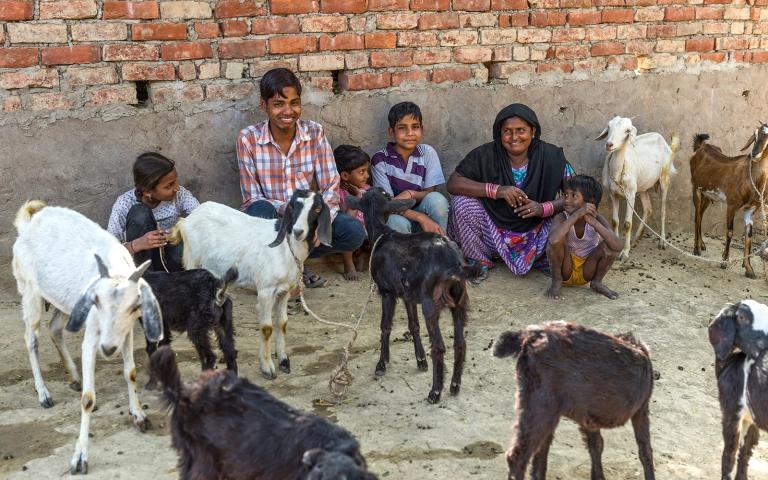
Animals as a Sign of Blessing
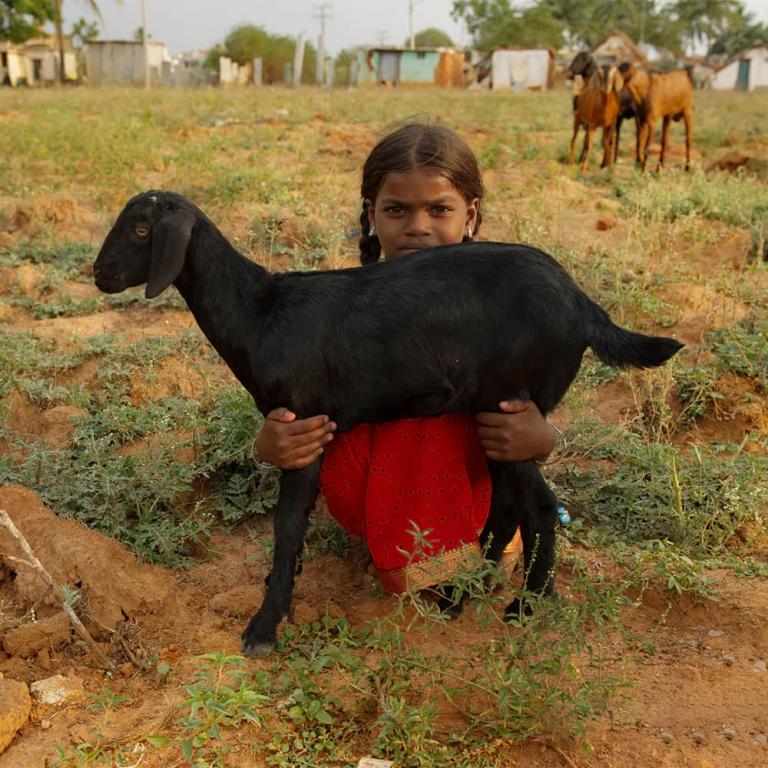
In the ancient world, wealth was often measured in terms of livestock. The Bible notes that “Abram [later Abraham] was very rich in livestock” (Gen. 13:2). This was confirmed by his servant, who declared, “The Lord has blessed my master greatly, and he has become great; and He has given him flocks and herds” (Gen. 24:35). Abraham’s knack for prosperity was also shared by his son Isaac, who “became very prosperous; for he had possessions of flocks and possessions of herds” (Gen. 26:13b-14a).
In the Bible, the increase of one’s livestock was recognized as a blessing from God. That belief is shared by the many faith-based groups that now provide animals for people living in poverty. Gospel for Asia (GFA World), World Vision, Compassion International, Lutheran World Relief, Samaritan’s Purse, and SIM are among the agencies that provide people in poor rural areas with goats, cows, chickens, pigs and other productive animals to help impoverished people succeed. They also offer guidance to help the recipients properly care for their animals. The farming innovations that have enhanced yields in the developed countries can be applied with great success in poorer ones. Most importantly, faith-based organizations help their recipients create prosperous family enterprises, often starting with a single cow or goat. The goal is not a quick fix, but a long-term program that can lift families out of poverty for good.
Give Animals to Help Poor Families in Need »
If you want to help impoverished families with a gift that can provide them life-saving income for many years to come, consider a one-time donation to give farm animals – a surprising antidote to overcoming persistent poverty.
Read the rest of this Gospel for Asia – Transforming Communities (GFA World) Special Report: A Surprising Antidote to World Poverty: Farm Animals — Part 2, Part 3
About GFA World
Gospel for Asia (GFA World) is a leading faith-based global mission agency, helping national workers bring vital assistance and spiritual hope to millions across the world, especially in Asia and Africa, and sharing the love of God. In GFA World’s latest yearly report, this included thousands of community development projects that benefit downtrodden families and their children, free medical camps conducted in more than 1,200 villages and remote communities, over 4,800 clean water wells drilled, over 12,000 water filters installed, income-generating Christmas gifts for more than 260,000 needy families, and teaching providing hope and encouragement available in 110 languages in 14 nations through radio ministry. GFA World has launched programs in Africa, starting with compassion projects in Rwanda. For all the latest news, visit our Press Room at https://gfanews.org/news.
Read more blogs on Poverty Solution, Christmas Gift Catalog, the COVID 19 Pandemic and GFA World on Patheos from Gospel for Asia.
Learn more about how the simple gift of an income-generating animal can be the turning point for an impoverished family—one their family has likely been desiring for generations.
GFA’s Statement About Coronavirus
Learn more by reading this Special Report from Gospel for Asia: Fighting Global Poverty with Ideas — Uprooting poverty requires education that transmits values
Learn more about Gospel for Asia: Facebook | YouTube | Instagram | LinkedIn | SourceWatch | Integrity | Lawsuit Update | 5 Distinctives | 6 Remarkable Facts | 10 Milestones | Media Room | Poverty Solution – Farm Animals | Endorsements | 40th Anniversary | Lawsuit Response | International Offices | Missionary and Child Sponsorship | Transforming Communities through God’s Love
Notable News about Gospel for Asia: FoxNews, ChristianPost, NYPost, MissionsBox
Read what 25 Christian Leaders are affirming about GFA World.
This Special Report originally appeared on gfa.org.


